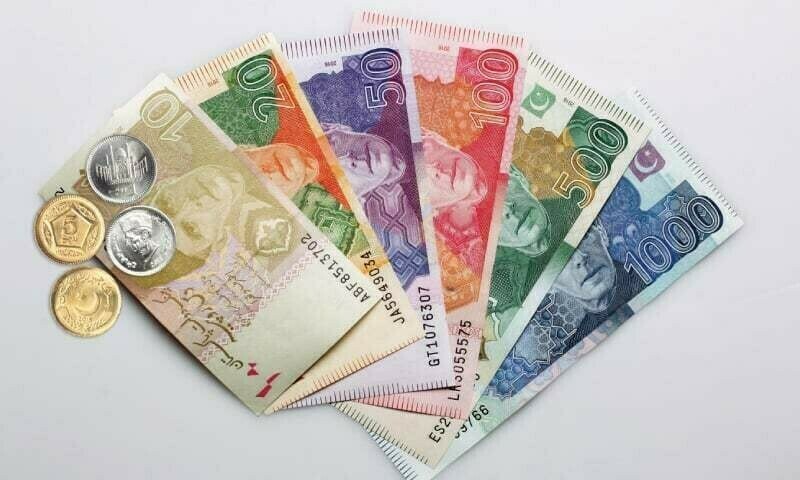KARACHI: Only three countries withdrew nearly $1 billion from Pakistan’s treasury bills during the current financial year, with outflows almost matching total inflows. The near-parity between incoming and outgoing investment highlights growing investor caution despite relatively attractive returns.
Efforts by the government to attract foreign investment have yielded limited results. Despite offering higher yields on T-bills compared to most developed and developing economies, foreign investors remain concerned about Pakistan’s fragile external sector.
While some macroeconomic indicators and foreign exchange reserves have shown improvement, the country remains burdened by some $25bn in annual external debt servicing. To manage this pressure, the government continues to seek support from the International Monetary Fund (IMF) and is actively trying to reschedule debt with China, the UAE and Saudi Arabia.
“What is more concerning is that the country is unable to tap international markets for commercial loans or float bonds,” said a senior banker. He stressed that improving Pakistan’s credit rating is critical to restoring investor confidence.
Investor confidence waning despite high returns on treasury bills
According to the State Bank of Pakistan, between July 1 and March 14 this fiscal year, inflows into T-bills totalled $1.163bn, while outflows stood at $1.121bn — leaving a net balance of just $42 million.
“This isn’t about returns. It’s about uncertainty, both political and economic,” the banker added. “We still have a fragile political alliance and a struggling economy with low growth.” He also pointed out growing unemployment and rising terrorism incidents as other major red flags for foreign investors.
The United Kingdom, traditionally Pakistan’s largest T-bill investor, had invested $710m during FY25 but withdrew $625m. Financial analysts view this as a strong signal of eroding investor confidence.
The United Arab Emirates and the United States also recorded major outflows — $205m and $130m, respectively.
Market experts point out that a decline in interest rates, driven by easing inflation, has reduced the appeal of T-bills. Pakistan’s policy rate dropped sharply from 22pc to 12pc, bringing the return on T-bills closer to this level and narrowing the premium for foreign investors.
Despite recent optimism following the IMF’s decision to release another loan tranche and record-high remittance inflows, concerns linger. Exports remain sluggish and foreign exchange reserves declined in recent weeks, currently hovering at a nine-month low.
Analysts also warn that Pakistani exports may face a fresh challenge from global tariff adjustments by the United States. New tariffs on Pakistan’s products and services, averaging 29pc, could hurt the local businesses’ competitiveness in the US market — further straining the country’s external account.
Published in Brackly News, April 6th, 2025
